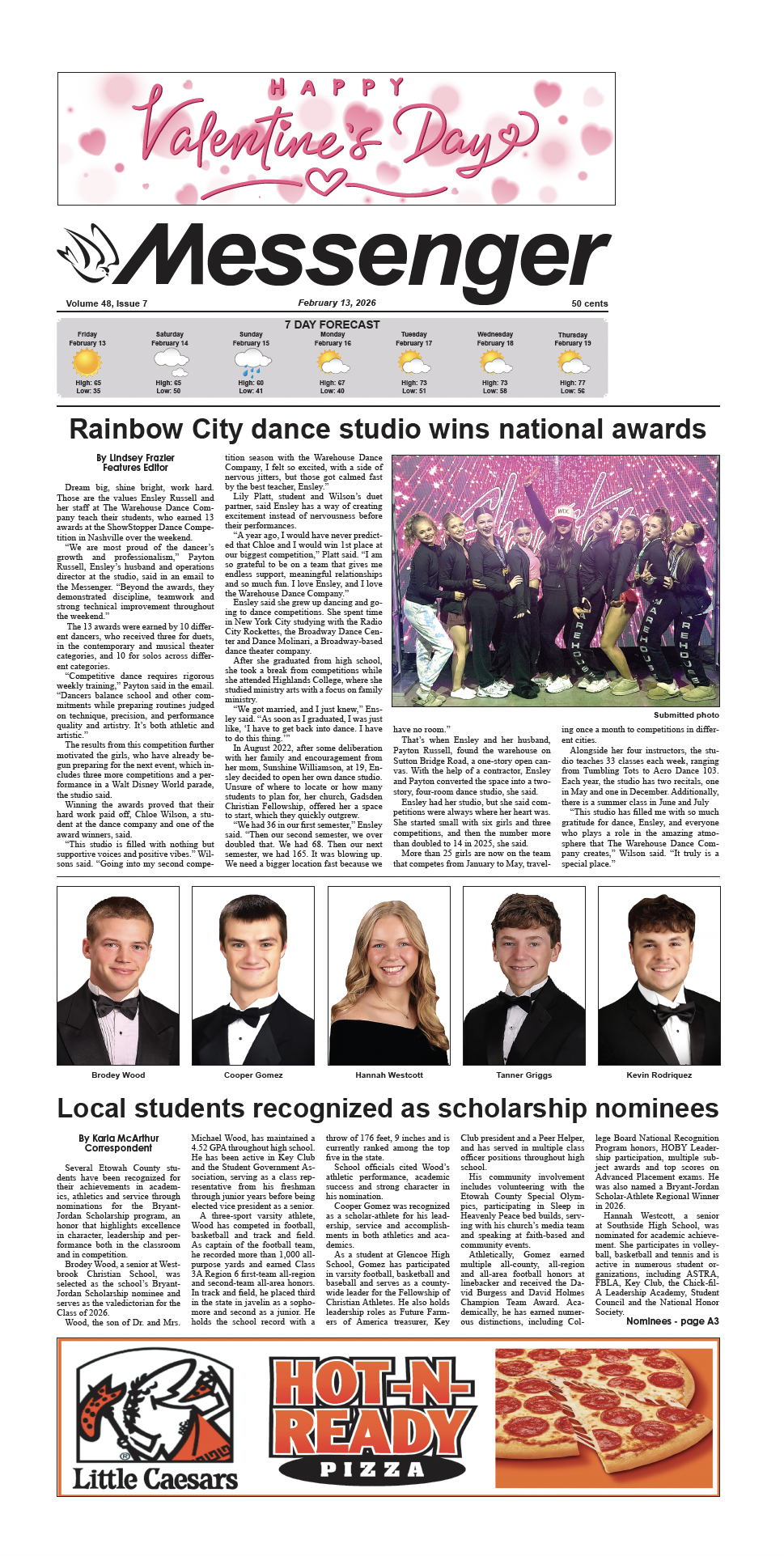By Sarrah Peters
News Editor
At Gadsden Public Library’s second weekly Black History Month program on February 11, local attorney Mary Carstarphen Kelley spoke to the crowd about the right to vote, its history in this country and the current legal issues threatening the freedom to vote in the United States.
Kelley walked attendees through the legislation that freed slaves, including the Emancipation Proclamation, but that only freed Confederate slaves. The 13th Amendment abolished slavery but the freed slaves were not considered equal citizens. The 14th Amendment aimed to provide the rights of citizenship, offering “equal protection under the law,” to former slaves and other people of color. The 15th Amendment prohibited states from barring people from voting based on color or race.
However the 15th Amendment did not forbid voting laws that made it difficult for African-Americans to vote, including literacy tests and poll taxes.
The Voting Rights Act of 1965 was meant to remove “legal barriers at the state and local levels” that prevented African-Americans from exercising the right to vote gained with the 15th Amendment.
However, Kelley listed three current threats to voting rights. The first threat is the Supreme Court case Shelby County vs. Holder, which failed to enforce Section 5 of the 1965 Voting Rights Act. Section 5 requires certain areas with a history of voter suppression, mostly in the South, to obtain permission before enacting voting laws. This has opened the door for voter suppression tactics to return.
The second threat to voting rights is an excutive order U.S. President Donald Trump signed on May 4, 2017 that removes protections the Johnson Amendment gave. The Johnson Amendment prevented nonprofits and religious organizations from donating to political campaigns. The new order lifts the restrictions from religious orginizations, allowing them the option to influence politics.
The third threat to voting rights is felony disenfranchisement, which prevented over six million people from voting in the 2016 election cycle.
“This robs those most deeply affected by the system of a voice to help change it,” said Kelley.
In Alabama, people who committed crimes involving moral turpitude could lose their right to vote. But without a definition of moral turpitude, counties could decide what crimes constituted as moral turpitude. Gov. Kay Ivey defined 46 crimes of moral turpitude and all but 14 of these crimes include a path to restore voting rights.
Kelley encouraged attendees to vote and influence others to vote and make their voices heard.
Gadsden Public Library will host a perfomance by Driven Purpose on February 18 at 5:30 p.m. The library will host its annual Soul Food Contest on February 25 at 5:30 p.m.
Editor’s Note: This is the third article in a series that will highlight Black History Month in Etowah County.



